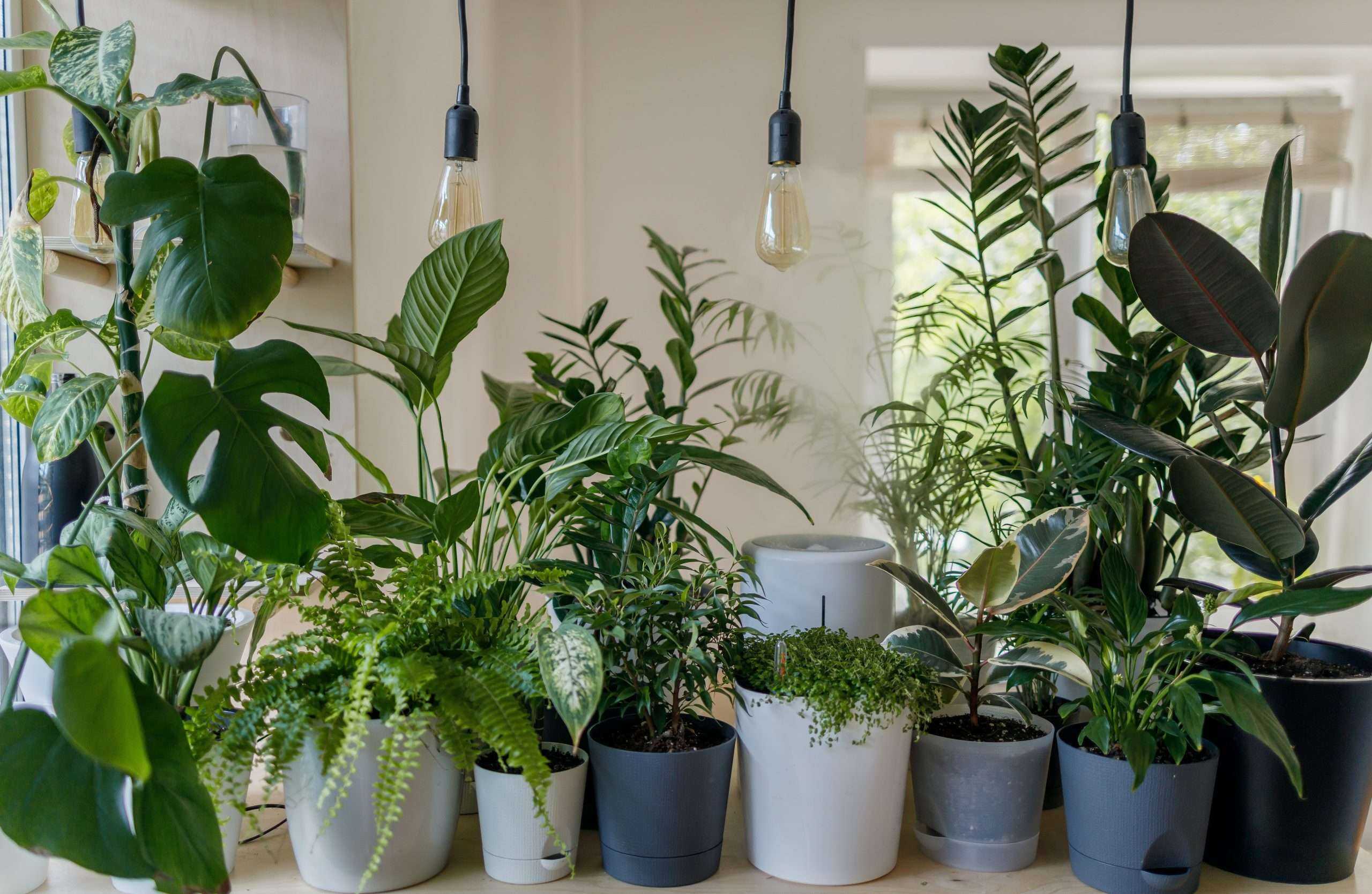BY KAHA G.
In my business class, we were asked to create a new product for our culminating project. My partner and I have thought hard, and decided to come up with the one and only, Elowen! In this article I will promote our product, Elowen, say our price, placement, consumers and competition.
Introducing Elowen, the smart pot from Elo Corp that revolutionizes plant care. Imagine a solar-powered, eco-friendly companion for your beloved plants. With our free app, Elowen recognizes your plant’s type, offering expert care advice at your fingertips.
Why struggle with plant care when Elowen does the work for you? Our innovative alert system ensures your plant’s happiness, notifying you of water levels, potential diseases, and even when the pot battery is running low.
In a world where two plants per household meet their demise, Elowen stands as the guardian of green life. Say goodbye to over-watering or neglect. Our mission is simple: Smart Pot, Happy Plants.
But that’s not all. For a limited time, Elowen can be yours for just $10.00! That’s right, the future of plant care is within your reach. Visit our website at [EloCorpWebsite], or find Elowen at your nearest gardening home or improvement store.
Don’t let your plants suffer. Choose Elowen, because when your plants thrive, so does your green sanctuary.
Now to discuss our pricing. Considering the helpful care services Elowen provides (i.e. our alert system), our free app includes automatic plant care recognition, and our informational guides. My partner and I have set the price to be $10.00. This was set by taking into account how much it will cost for our app to be developed which is around $1,000 to $5,000.
Furthermore, Elowen should be available in a variety of retail outlets, both physical and online. We are targeting: gardening centers, home improvement stores, and e-commerce platforms. Strategic partnerships with nurseries and eco-friendly retailers could also enhance distribution.
Lastly, our competition and consumers . Elowen faces competition from existing products such as: automated watering systems, soil moisture sensors, and other smart pots in the smart plant care industry. Notable competitors include brands offering similar features, but Elowen distinguishes itself with its solar-powered and eco-friendly design. Differentiation through enhanced analytics for plant types further positions Elowen uniquely in the market.
In addition to that, Elowen caters to a diverse consumer base, including avid gardeners, urban dwellers, and those who embraced houseplants during the COVID-19 pandemic. The primary consumer segments are individuals seeking convenient plant care solutions and businesses with a focus on greenery in office spaces. Elowen aligns with the preferences of environmentally conscious consumers, offering a sustainable and tech-savvy approach to nurturing plants. Engaging with the growing trend of home gardening and the desire for connected intelligent devices, Elowen appeals to those who value both plant well-being and technological innovation.
Would you buy our product?

